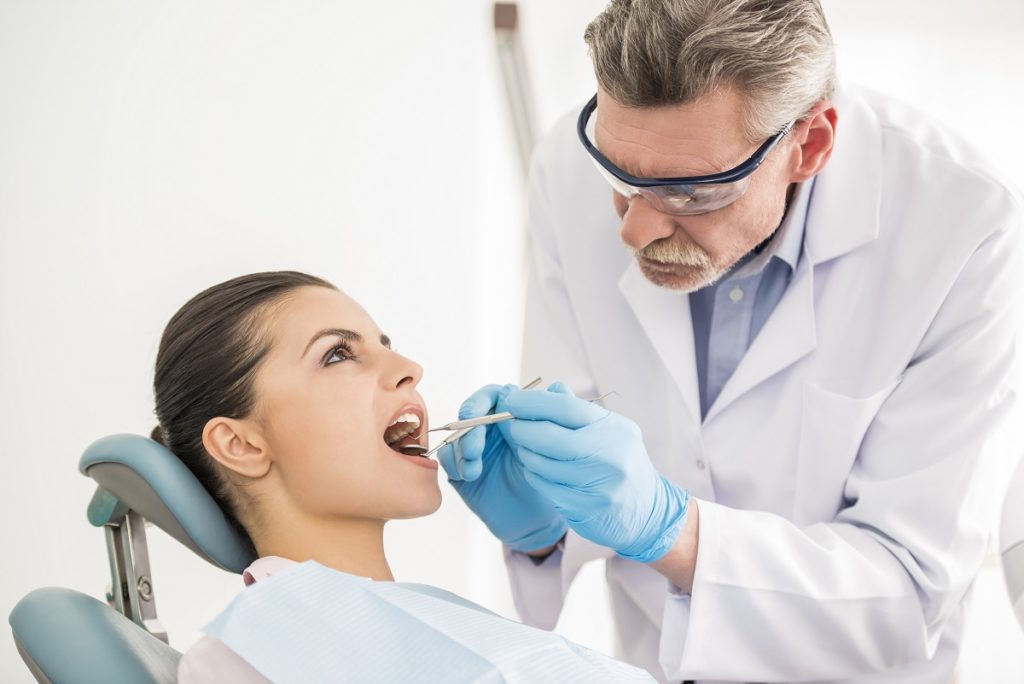After having your wisdom teeth extracted, you’d normally experience pain and swelling for the next couple of days. Eating would be difficult, so you may need to stick to a certain diet until your wounds heal. But with diligence and patience, your recovery time can be quicker than you’d expect.
But first, be sure that you’ve chosen a wisdom teeth removal procedure from a reputable dental clinic. The experience and expertise of your dentist highly matter in such a sensitive procedure, so only trust the proven reliable ones.
That said, what should you expect from the procedure and how will you heal fast? Read on to find out.
Why Remove Your Wisdom Teeth?
The wisdom teeth are the third molars found at the back of our mouths. They are typically detected through an X-ray before they emerge, usually around our late teens to mid-20s.
If you feel pain in your jawbone area, your wisdom teeth might be impacted, hence your dentist will require them to be extracted. If not impacted, they might be growing at a wrong angle, pushing the rest of your teeth and causing pain.
In other cases, your mouth might just be too small to accommodate a third set of molars. But if they emerged without problems in your jawbone and teeth, yet are still painful, they might be plagued with cavities or gum disease, which will cause a need for removal as well.
If you’re already past your mid-20’s and haven’t grown wisdom teeth yet, that’s actually normal. The Dental Research Journal estimates that 5-37% of people don’t grow one or more of their third molars, for a reason yet to be discovered. Genetics, however, is suggested to have a role in it.

What Happens During the Extraction Procedure?
On the day of the procedure, expect to be under one of these three types of anesthesia:
- local, which is applied directly to the mouth and may be accompanied by a “laughing gas” for relaxation;
- IV sedation, a drug administered through the veins to keep you asleep through the whole procedure; or
- general, a drug administered through the veins or breathe gas, and will put you to sleep until the surgery is completed
Depending on the severity your case, your surgeon might need to cut a portion of your gums or bone to get the teeth out and seal the wound with sutures, which will dissolve after a few days. A gauze pad will be placed over the wound to absorb the blood.
Recovery Tips
Upon waking up from your sedation or slowly regaining feeling in your mouth, place an ice pack against your cheek as soon as you’d like. You may be prescribed with painkillers, which you should take according to your surgeon’s instructions. You may also be given antibiotics to ensure that no infections will ensue.
Stick to a soft diet while you’re healing. You can have blended soups, broths, yogurt, mashed potatoes, scrambled eggs, applesauce, and other healthy, soft and mashed food. Avoid eating anything too hot, as it might burn the wounds. Steer clear from nuts and other small foods as well, because they might get stuck in the hole where your wisdom teeth had been.
Postpone activities that may dislodge your sutures and cause a blood clot, such as smoking, spitting, strenuous exercise, and drinking from a straw.
To cleanse your mouth, gargle with salted water, but instead of spitting it out, just tip your head to the sink and let the water flow out freely. If the wound is bleeding, gently dab it with a gauze pad.
As long as you follow your dentist’s instructions, the pain and swelling should be gone within a few days. Get a consultation right away if you suspect a complication. But if you abide by these recovery tips, a complication isn’t likely to happen.


